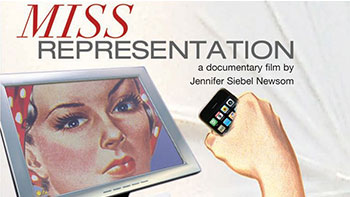Some of the biggest names in music right now are women. We’re seeing stars like Victoria Monét, SZA, and Taylor Swift receive both commercial success and critical acclaim for their work, as seen recently at the 66th Grammy Awards. Despite this, a problem persists among music fans and within the industry itself: the underrepresentation of women.
Research from the Annenberg Inclusion Initiative finds that, though the number of women artists is growing, men still outnumber women three-to-one in popular music. Women are further underrepresented as producers and songwriters, where they comprise just 6.5% and 19.5% of these positions. A 2023 visualizer by the Pudding puts into perspective how rare it is for a hit song to be written by an all-women songwriting team.
Women are clear innovators in the music industry, but their work is not collectively listened to or celebrated as much as men artists’ work. Take the Grammy Awards, touted as “Music’s Biggest Night:” in 2024, less than a quarter (24%) of the 171 nominees were women. Still, women artists managed to shine throughout this year’s televised ceremony:
- Victoria Monét won three of her seven award nominations. She described this in her Best New Artist acceptance speech as a “15-year pursuit;”
- Taylor Swift won album of the year for the fourth time, which set a Grammy record for most wins in the category;
- Karol G became the first woman to win the Best Musica Urbana Album;
- SZA, the most nominated person of the night, won best R&B song for “Snooze;”
- Tracy Chapman and Joni Mitchell had two of the most powerful performances. Chapman in a rare performance of “Fast Car” and Mitchell with her first ever performance at the Grammys.
These are just a few of the significant moments led by women artists at the 2024 ceremony. Imagine how many more we could be celebrating if there was better gender representation in the industry?
As an institution frequently criticized for its exclusion of underrepresented artists, the Grammys still has a long way to go to properly recognize women and people of color. Though a few big names have achieved great success in the industry, there are countless phenomenal artists that do not get the attention they deserve on streaming services, music publications, or the charts. Listening to music by historically excluded singers, songwriters, and producers is an essential way of amplifying and supporting these artists.
Take Action! Listen to more women musicians! Not sure where to start? Check out the catalogs of your favorite artist’s frequent collaborators.




